Why college students should vote
This will be the first presidential election that I will be eligible to participate in. I plan on voting, and I believe all college students should do their best to get involved too.
The life of a college student isn’t the most difficult role in society. Most of our time is spent worrying about class or partying, so it’s natural that most issues our country faces such as immigration and the economy roll past us.
But in a very short period of time when we have moved on from the casual lifestyle and the real world hits us, the policies that are being planted now will have sprouted and we will be experiencing the effects first hand.
Of course, no one in our age group cares about what’s going on in the Middle East or what the TPP bill is, these topics don’t concern us at all. But we are all of age to vote now, so it’s our turn to participate in the voting booths.
Our demographic makes up nearly a fifth of the people eligible to vote, more than enough to swing an election. Yet our voice is barely ever put in the spotlight simply because half of us don’t actually go out to the voting booths.
In 2012, about 45 percent of people between the ages 18 and 29 voted in the election. This was a small drop from the 2008 election where around 51 percent of young people voted.
There are many issues that concern college students, they just don’t get much media attention or people aren’t vocal enough about them.
The collective student loan debt is over 1 trillion dollars and is the only consumer debt not decreasing since the recession. Student debt is an issue that actually affects more than half of college students, yet never seems to get as much attention as it should.
The real unemployment rate today is 9.9 percent. After we graduate the next step forward is to go out and find a job, so shouldn’t students be more concerned with how the economy is doing?
Even though voting for some of these things may not help students today, voting could end up helping future students down the line.
Complaining about any of these issues and not take action is hypocritical.The reason most students don’t vote in the first place is because they would rather be pessimistic and believe their vote wouldn’t make any difference. Things like the Electoral College and the two-party system discourage young people from thinking their vote has any influence, so no one wants to waste their time.
No one seems to be very enthusiastic about the candidates for this election either, so trying to pick between which one you dislike the least doesn’t sound worthy of thought.
But if someone is dissatisfied with how the system works they should try and take action. Not doing anything is the only way to make sure that no change will come, and people certainly have no place to complain if they aren’t trying to help anything themselves.
With the presidential election right around the corner, it’s important that young people try and participate. Get informed, get involved, and exercise your rights as a citizen. Only half of the young adults voted in the last presidential election. Imagine if all young adults voted in this upcoming election. All the issues that concern college students may finally get the attention they deserve.
Jeff Guzman can be reached at [email protected] or @theorion_news on Twitter.



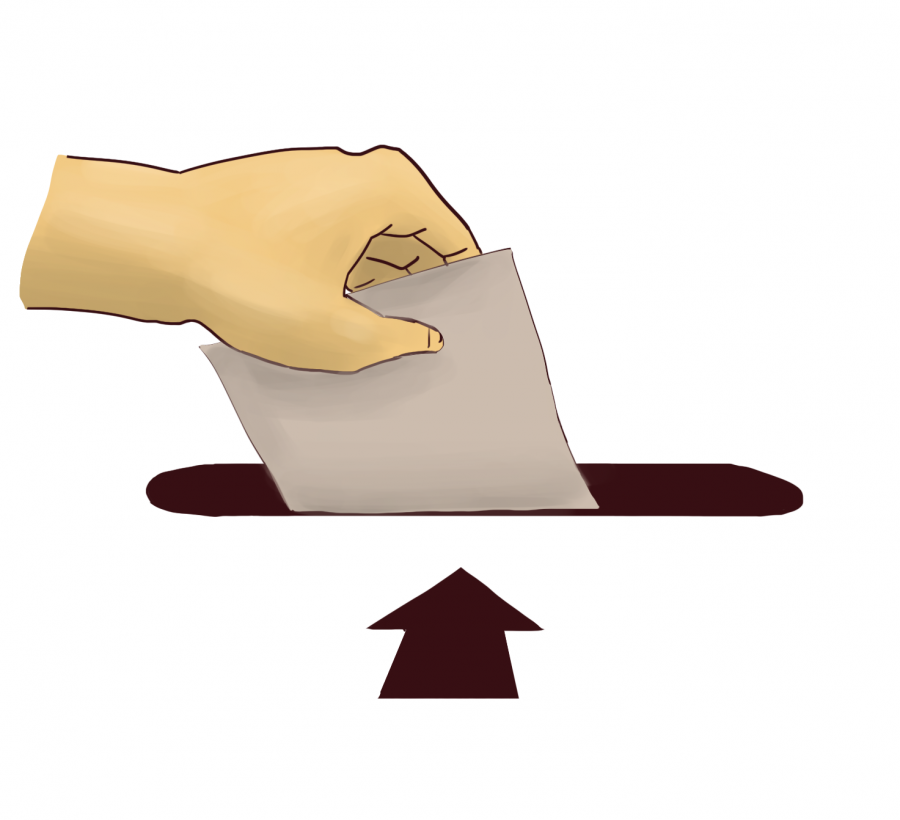
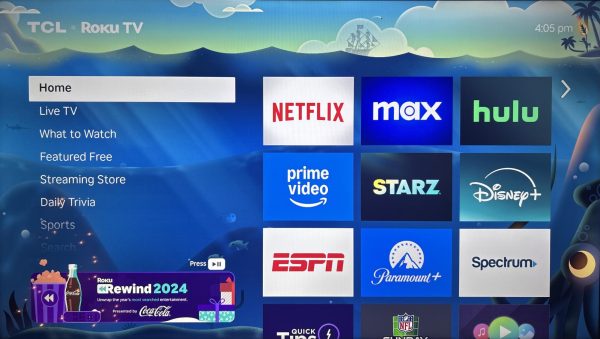

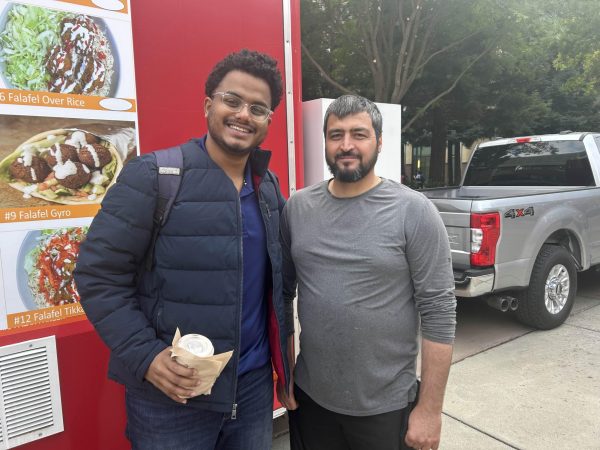
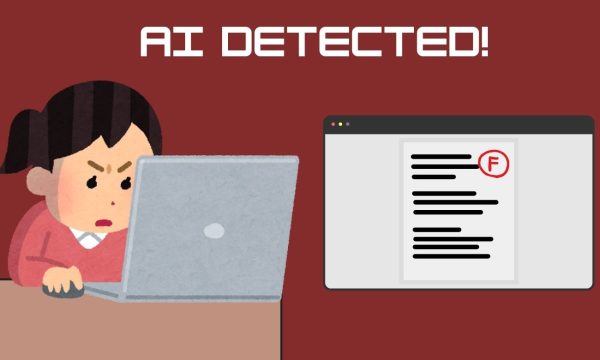
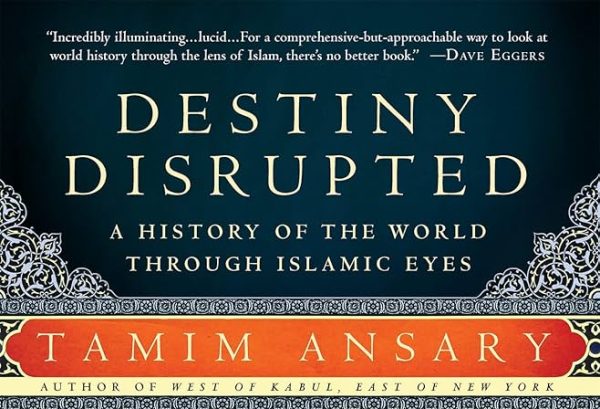
otto // Sep 22, 2016 at 3:43 pm
California has enacted the National Popular Vote bill.
When it goes into effect it will guarantee the presidency to the candidate who receives the most popular votes in the country, by changing state winner-take-all laws (not mentioned in the U.S. Constitution, but later enacted by 48 states), without changing anything in the Constitution, using the built-in method that the Constitution provides for states to make changes.
Every vote, everywhere, for every candidate, would be politically relevant and equal in every presidential election.
No more distorting and divisive red and blue state maps of pre-determined outcomes.
No more 50 counties in a handful of ‘battleground’ states (where the two major political parties happen to have similar levels of support among voters) where voters and policies are more important than those of the voters in 38+ predictable states, like California, that have just been ‘spectators’ and ignored after the conventions.
The bill would take effect when enacted by states with a majority of the electoral votes—270 of 538.
All of the presidential electors from the enacting states will be supporters of the presidential candidate receiving the most popular votes in all 50 states (and DC)—thereby guaranteeing that candidate with an Electoral College majority.
The bill has passed 34 state legislative chambers in 23 rural, small, medium, large, red, blue, and purple states with 261 electoral votes.
The bill has been enacted by 11 small, medium, and large jurisdictions with 165 electoral votes – 61% of the 270 necessary to go into effect.
NationalPopularVote